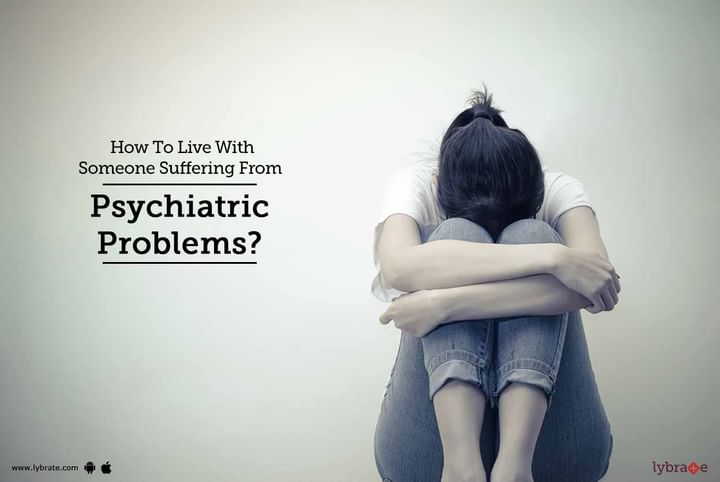Get the App
For Doctors
Login/Sign-up
Last Updated: Oct 23, 2019
BookMark
Report
How To Live With Someone Suffering From Psychiatric Problems?
Mental illness affects the patient as well as the immediate family. Once the affected member has been diagnosed with a mental illness, his family members find it difficult to accept this situation. They are in a state of denial. This state later gives way to feelings of frustration, resentment, anger and helplessness.
To overcome these feelings, it is important for the family to move beyond the mental illness of its relative and not away from him. The family members must accept the reality that someone among them is ill and it is their duty to help him recover from his mental illness.
Effect of social stigma
- Unfortunately, mental illness draws social stigma. Many relatives of mentally ill people who are afflicted do not discuss their predicament with others. The reason is not too hard to discover- large sections of society think that mental illness is something very horrible. Very few people know that psychiatric disorders are treatable and they are as good or bad a disease as others.
- Strangely, while the society comes out in support of people suffering from cancer and other life-threatening diseases, in cases of mental illness it adopts a position of aloofness. The underlying thought in the minds of people is that there must be something wrong in the family of the mental illness patient.
- The net result is that the family withdraws from the society and gets into a shell. Guests are not invited over on social occasions and it often happens that the family gets into depression.
- Coping with frustration and helplessness
- Psychiatrists also point out to another range of emotions affecting the family members of a mentally ill person- feelings of frustration, helplessness and anger.
- Imagine a situation where a schizophrenic child is unable to perform even normal tasks, such as eating food. The parent will try to convince the child to have her food but the mentally ill child cannot perform even that basic function. Unless the parent understands that this is not a normal child, she will continue to try to feed it. The child will, on the other hand, resist. This will continue till the time when the parent gets frustrated and angry at her child’s behaviour. The parent will wonder why her child is not having the food by herself.
- This situation will not arise if the parent and other family members accept that the child is ill and needs medical intervention.
- This feeling can later lead to a sense of resentment and anger. Family ties can be ruptured because the members would begin to think that their social activities depend upon the medical condition of their sick family member who needs constant attention.



+1.svg)
